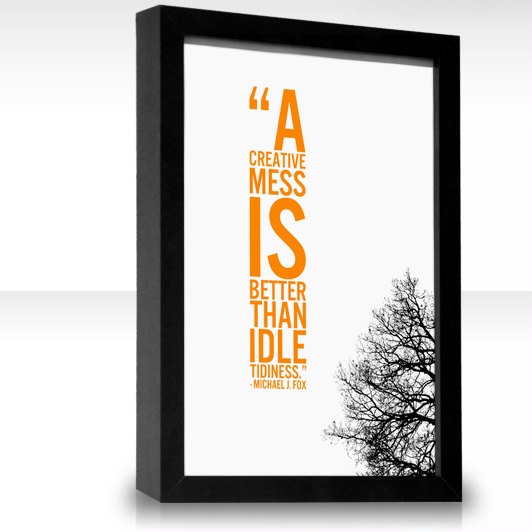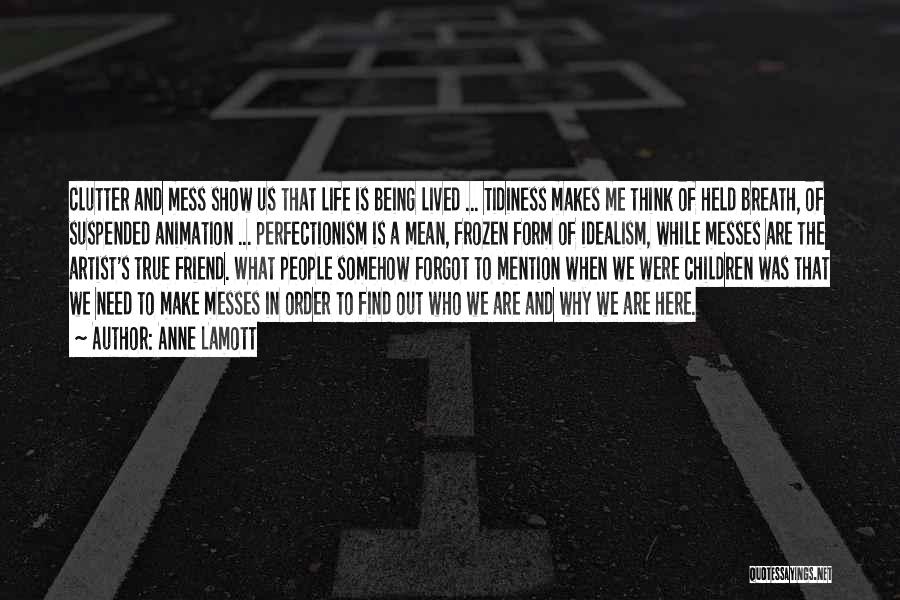

I’m from a left-leaning family and I remember my Dad often referring to the Tories (this is back in the 90s when they were mellower than now) as ‘carnivorous beasts’. “This is a witty and troubling poem at the same time and I never asked Sandy while he was alive what it’s about, so I’ve made up my own meaning.

Here’s the text of the poem (it’s meant to be centred): ‘No, no’ The text of it is not online but there is a rather quirky performance of him reading it in the street at the 2009 Stanza Poetry Festival on Youtube: Alexander Hutchison reads ‘No, No’ on YouTube. Richie McCaffery says “The poem that came to mind for me as being a serious-funny poem is Alexander Hutchison’s ‘No, no’. Read ‘Sorrows of Werther’ by William Makepeace Thackeray on I’m afraid that when I finally got to Weimar this was a constant mental backdrop curiously this suited the politeness and tidiness of the small city perfectly.” Sorrows of Werther
#Poems about tidiness plus#
Later the contained story, plus the matching neatness of rhyme and behaviour, stuck. When I first encountered this, long before I knew anything of Goethe, The Sorrows of Young Werther, or Weimar, the rhymes insisted on being remembered. Prince says “So many! But this one is an earworm so I suppose that makes it a favourite. Read ‘Ballade of Good Whisky’ online via the magic of GoogleBooksĭ.A. Also, I love that I get a namecheck in this, written in 1962, ten years before I was born – I believe MacCaig is toasting his friend Hugh MacDiarmid (whose English name was Christopher Grieve).” They’re poems which bring us down to size by confining profound insights within such tight structural parameters that they seem ready to burst. Poems like these are in the tradition of Byron, which comes to us filtered through the likes of WH Auden.

It’s poetry confident enough in itself that it is willing to take enormous risks with prosody and rhyme – risks which pay off with more than just a smile, there is a sense that the arrogance of virtuosity – of human hubris itself – is being pricked, and when deflated, found to be nothing more than silly (for example, see how the poet rhymes ‘horribly aslant’ with ‘Glengrant’). Its humour is carried on a sense of awe at the extraordinary technical skill and learning of the poet. Glenfiddich, Bruichladdich and Glengrant!Ĭhris says “This isn’t a laugh-out-loud poem but it is my favourite kind of humorous verse – the kind that doesn’t take itself seriously while taking Life and Poetry extremely seriously indeed. Here is a toast that you won’t scunner at – If they ran – hear my heart go pit-a-pat! – (Though what a feast must follow after that I would drink down, and think the feat a cinch,Īnd Tweed as chaser – a bargain, this, to clinch Or toy with houris fetched from the Levant. Or hauling Loch Ness monsters, inch by inch,

In fact, I flinchįrom heaving a heavenly Hindu from her ghat Glenfiddich, Bruichladdich and Glengrant. No special training’s needed, thin or fat, So, at a time when things are looking a bit bleak, we thought we’d offer you some of our favourite funny – but also serious – poems.įirst off, Chris Edgoose chooses Norman MacCaig’s ‘Ballade of Good Whisky’ Ballade of Good Whisky Through these pleasurable activities we carry the art-form quietly and collectively into the future.” And in our recent In Conversation, Bad Lilies’ editors Kathryn Gray and Andrew Neilson made a plea for more humour in poetry. He says: “I think of the buying, borrowing and lending of poetry of the reading and re-reading, alone or in company, silently or aloud of the writing-out of other people’s poems in notebooks or on scraps of paper of the passing on of those scraps of paper of the reviewing and the compiling of personal anthologies of the time spent talking about poetry in pubs and parlours, on long walks or over breakfast. Sexy, absurd, satirical – funny poems can make us smile but the best of them also make us thinkĪ couple of weeks ago in the Frip, poet and literature activist Jonathan Davidson wrote about the exchange of poems from person to person – what he calls “this barter of enthusiasm”.


 0 kommentar(er)
0 kommentar(er)
